Myra Melford: "Music — it’s the right way for me to live my life"
Katherine Zyabluk
author, musician
Photo:
Oleksii Karpovych
It’s hard to characterize Myra Melford by any definite musical genre. She has passed through some important periods of studying at the beginning of her carreer (the end of 80ths). It was always tightly connected with her inner fights and searchings her own style. She had a deal with Dave Douglas, Henry Threadgill, Don Pullen, now — with Kris Davis, Tyshawn Sorey, Terry Lyne Carrington and a lot of other great musicians.
She is a momentous person in the world of improvisational music, where a lot of directions like jazz music, blues, rock, Indian classical music, poetry, literature and visual art are constantly intertwining with each other. It’s important to be sensitive and stubborn in some way; probably, there are the traits, which determined Myra Melford as an innovator at this branch.
Her performance at Jazz Jantar 2019 was one of the best there. Also it gave us an opportunity to hear Myra playing piano alone and to talk with her for a moment.
***
A concert of Myra Melford began suddenly, without any ordinary introduction. Anyway, she announced everything that was needed — there sounded her compositions from the solo album Life Carries Me This Way, also one piece by Andrew Hill. It seemed like her way from backstage to the piano she kept herself in the borders of right behaviour, but she has entirely changed in front of the instrument — her movements fit to what she played, involuntary shouts and gestures appeared, when she, probably, managed to play something she really wanted to play at that moment. She lured with her ingenuity in changing timbres and sound range, it was feeling, that she loves blues, Cecil Taylor, the Beatles and a lot of different styles, that naturally interweave into her improvisation. Naturally and confidentially — she didn’t even use the pedal, that hides all the flaws.
It was unusually to realise, that Melford noticed all the melodies and fluent factors on the pictures and illegible notes on staves, that were standing on the pulpit. She mentioned all the unique dashes and colour combinations from there, and it was easy to imagine it on her music. Melford proves that such a huge challenge as playing solo concert can rid from the borders — you are free to build your own and go outside them if you would like to. Hence, the musical form becomes malleable, sounds differently each time, and the melodies are transmitting the musician’s experiences better and better. Exactly the thing, that was tangible at the concert of Myra Melford.
***
Today you play a solo concert. Will it be songs from your solo album or something new?
Mostly things from the solo record, maybe two or three other things.
How did you realize, actually, that you were ready to make a whole solo record?
Well, it’s something that I thought about for several years before I did it. Then I just had an idea for a project that I really wanted to do, I wanted to work on this jointly with this friend of mine. Once I had an idea, then — kind of worked towards doing the solo. For a while, I think, I wasn’t all sure — I play so much with other people, that I wasn’t sure, how to approach doing the solo.
Although, when I think about the different things that I liked to play [on] the piano and feel that I could use those... But I wanted to somehow create some [complete] compositions or structures, that allowed me to play in those ways.
Did you get what you expected from this work? What skills or insights did you get after it?
Maybe it could be a better way to put in what I discovered. I discovered one of the great things about playing solo — I don’t have to say everything. I just have a sketch. It’s not like communicating with other people on the bandstand, when we have to have a clear idea for what we gonna do. I could just have some idea about the things I’d like to touch upon, but not to order, necessarily. So, I could change the arrangement every night, if I wanted to. And that also became a challenge.
You know, the interesting thing [was] that I didn’t know the music very well before I’ve recorded it. So, when I did that, suddenly, it was the time to play more solo concerts to promote this new record. And I was like: “oh, now is the way I’ve recorded it a composition or just original notes about what could happen?”. That was tricky in some way, that some certain things that I did just spontaneously that I thought worked well, and I do them often when I play those pieces again.
And the other thing — I felt like: “no, that’s not the essence of what the pieces [are about]. I have to be courageous and go and try other things, even though I don’t know how it is gonna work.
Aren’t you afraid?
Oh, of course, I’m afraid [laugh].
I saw, that you had some pictures on your pulpit while you were playing. Could you tell, what is, actually, going on at this moment?
I’ll tell you! I have two things for almost every piece. I have — let’s take “Attic”, for example [shows notes and marks on the note staff]. This is one idea, this is another idea, this is another, and this is another! But whether I play them in that order, I can play in different ways.
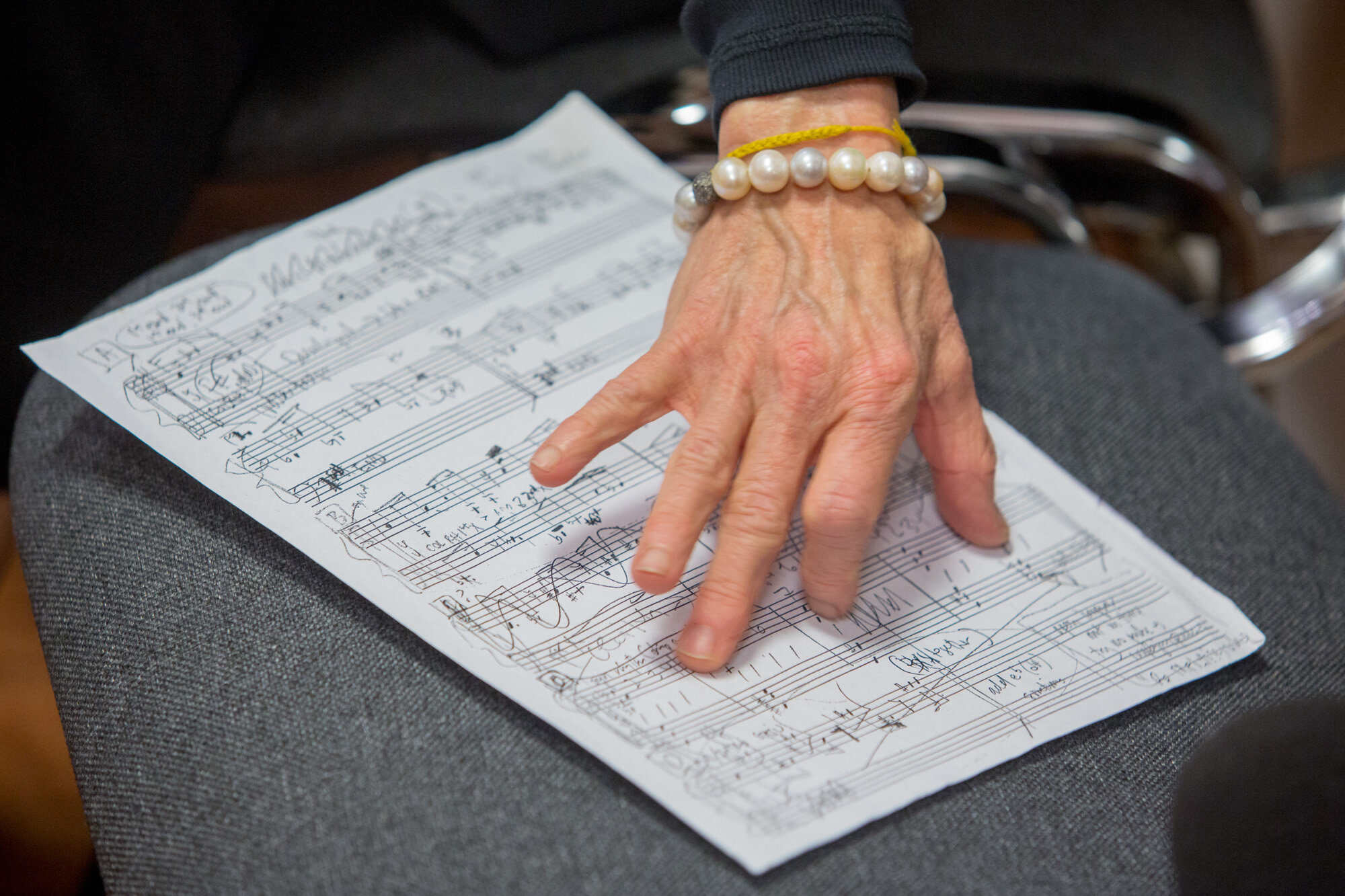
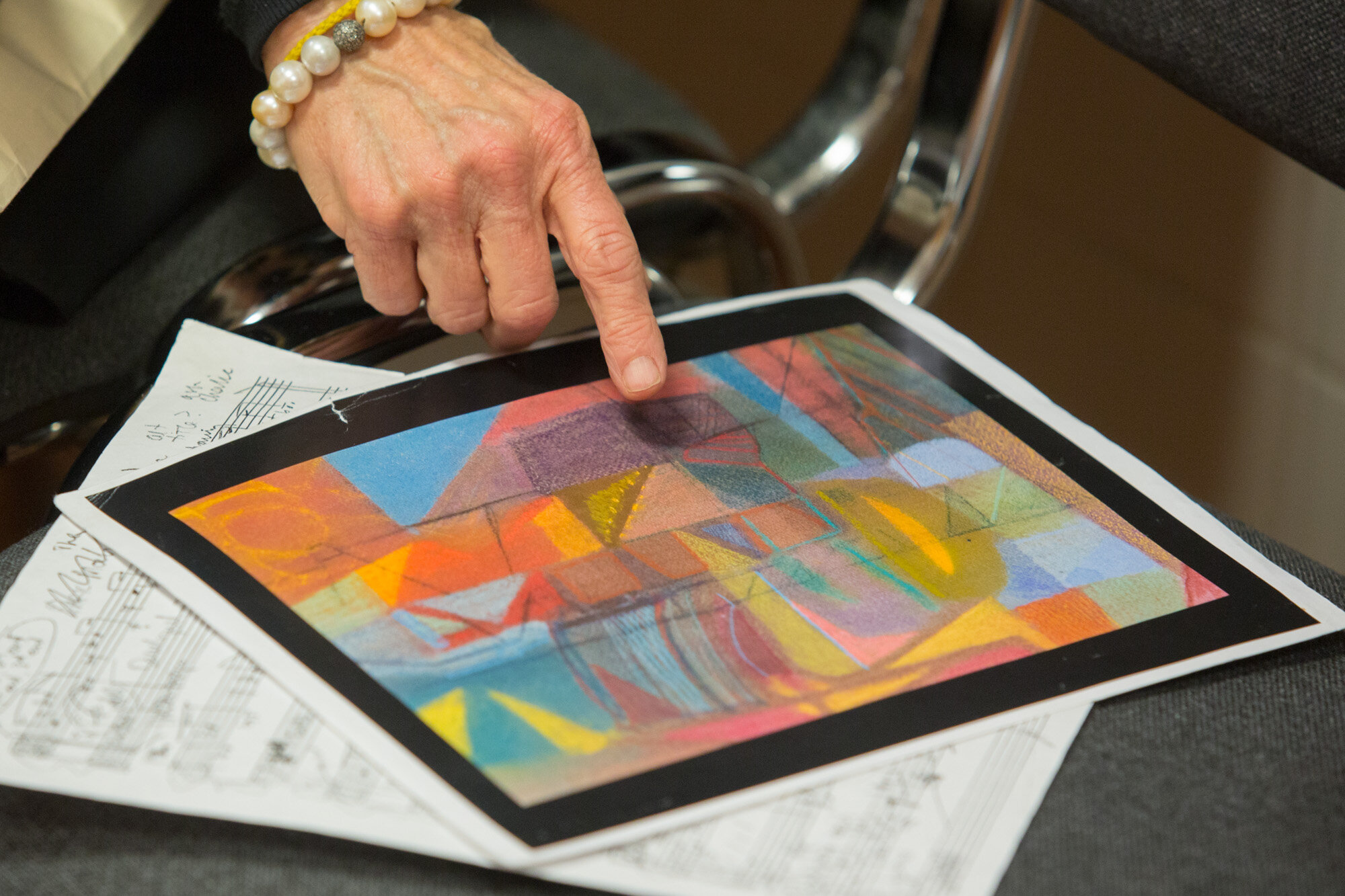
Then I have the drawing of my friend called “The Attic”, [shows]. When I look on this drawing, I remember about why I felt this material worked. So, it’s not like a score, but it reminds me a certain kind of playfulness, ‘cause there are some kinds of scribbling, little lines, you know, all this different kinds of spacings. And I imagine, maybe, moving around the attic in someone’s house, in the dark, discovering things… And that brings a certain feeling in how I approach playing.
Do you have some kinds of synesthesia, when you connect a note with the certain colour?
Well, not in how I dealt with that material. I had that more as a child. I would associate different colours with certain notes. But I don’t think that I have synesthesia, I mean, that idea, that there is only one colour it works with. But I had it more as a kid. You know, I still think about it more in terms of what keys feel brighter, which feel darker, that kind of thing. But when I’m looking on this colours [on the image], I’m thinking about it more as a kind of attitude or approach that I want to take.
So, how did you meet with this in childhood? Was piano your first instrument?
Yeah, it was the piano. We had the piano in the house and my older siblings took lessons. So, when they weren’t home or something, I would just climb up on a bench and start to play! I don’t remember the very first time, but I have memories of being like 2.5-3 years old, sitting at the piano, making stuff up. You know, there were songs! [laughs] As far as I was concerned.
At 2-3 years old? Wow, that’s unbelievable.
Yeah! But you know, that was a very personal child version of songs. You know, [it was] like I’d play the melody and repeat it.
What about bright musical experiences of this period?
I couldn’t remember certain recitals, which I played when I felt really good. I was kinda nervous, I knew the music so well, but couldn’t still play it anyway… But I think, what I remember the most is playing for my friends and realising that I do what makes them happy. Like they enjoyed listening. Even though, I gave up music for a long time, in high school… Somehow I think that the realization [of] the music could change the feeling in the room or make people happy and make me happy.
And what did you play for your friends?
I used to play the Beatles’ songs and other things — there was Stevie Wonder. That’s what I played a lot for them. Then, my brother did a lot of record producing, more for country artists. And I would learn some of their songs and play those for people. What else?.. Played the blues, played the ragtime… You know, I was definitely thinking about entertaining!
I know that you’re practicing yoga. Could you tell how long have you been practicing and why have you started?
Well, for now I’ve been practicing yoga since 1993, so, it is for 26 years. Too long!… It’s interesting. Before that I’d been practicing aikido and we would sit kind like buddhists, more like for zen meditation at the end of our class. So, I got interested in meditation and martial arts. Aikido was too hard with my body, you know, pretty rough. And then I tried thai-chi, chi-kong, then — discovered yoga really through a meditation teacher. So, I do practice of hatha yoga. For me it’s more like a spiritual path. Meditation, a lot of self-reflection and that kind of things.
“What I want to do is make music, that allows people to have an uplifting experience.”
In what way does it help you?
You know, all this things did [help] — aikido helped, buddhist meditation, thai-chi, chi-kong, and the yoga — all helped me to be more centred and grounded, and more able to open up my senses and the energy to feel what’s going on around me and to respond to that… And, I think, focus — it’s not like to be distracted by thoughts and by surprises, that might happen in my music. It’s easier to come back to the state of being here right now, this is what I’m doing.
You had lessons with a pianist Don Pullen and a saxophonist Henry Threadgill. Such a wonderful people. Could you tell more about learning from them?
Well, I studied with Don earlier than with Henry. I went to Don, because I was participating in a competition. I wanted some coaching about the material that I was asked to play on this competition. I already had been leading my own material and developing my vocabulary, which [had] been in a lot of different directions, but I had to play certain compositions, certain tunes by other people. He [Don] went to me and I said: “I love the way that you play, you can play a great groove, you play all these tunes, but you bring your own vocabulary to it, you find the way to take [them] outside the box. Can you show me how to do that?”. And he said: “That’s a great problem, Myra, and I’m sure that you’ll get up with a good solution”.
Of course, I picked up a lot, he would often play at the lessons, so I could watch what he was doing. But he never wanted to impose his own voice on me, you know, I really-really appreciate that about him.
What about Henry — he really got me starting composing. He gave me some tools to take me beyond what I’m playing on the piano. In the beginning I was writing tunes like really working with my piano. He got me away from it to think about the music, imagining the instruments playing, and a lot of techniques he told me I use for today.
You know, it’s very simple. He would say: “You just write a 12-tone row, make some rhythmic cells in that or take something that is flying on your mind, when you’re walking down the street”. Then you develop all the permutations you can on this material. And then you go back to listen to and play them, and he sais: “okay, I like this one, I like this one, I like this one…”. Further you find the way to put those together. You let the form of the piece grow like that. I never write like A-B-A-C tune, or something like that. So, he planted a lot of ideas, they got me out of what would be my habit. You cannot really avoid your habits, they come back, one after another, but he really helped me to develop a whole lot of new techniques.
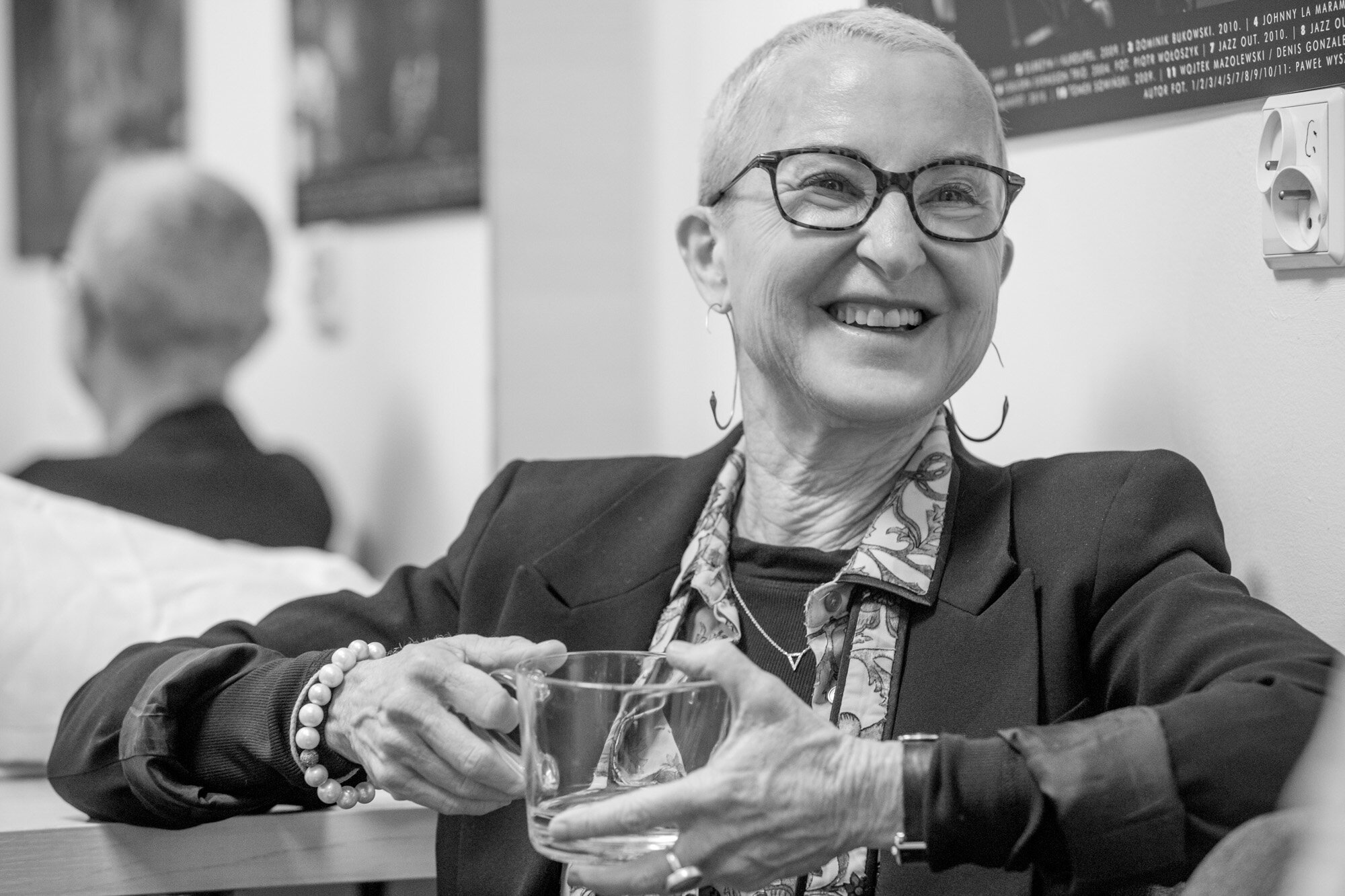
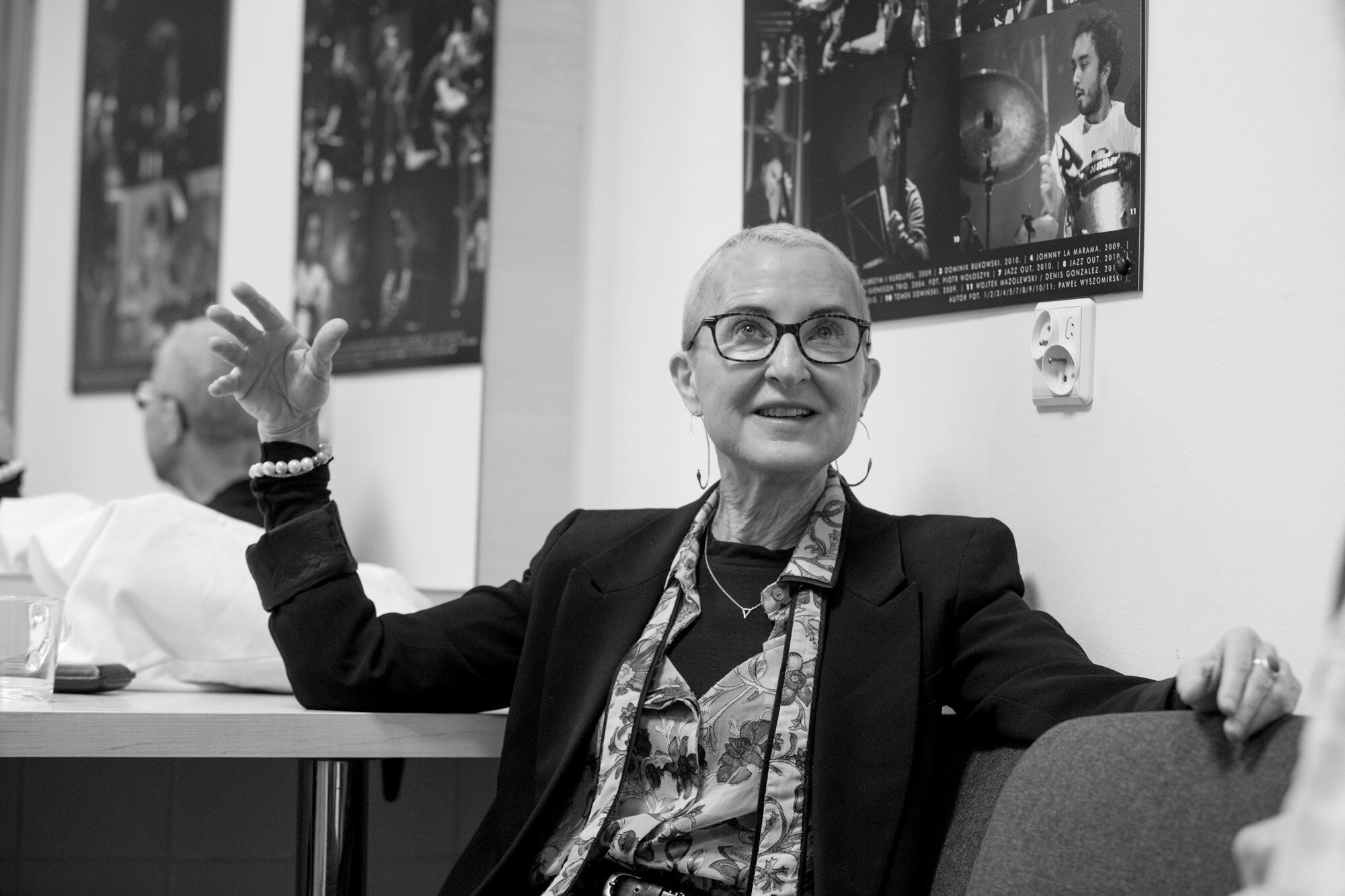
So, what could you say about the differences between you before these lessons and after?
Now I don’t sit down and write what I’m hearing inside me. I come up with all that material, that I might never hear inside me, and I find the way to put it together — I have to learn how to play that. But it takes me away from always doing what I just hear in my head.
A pianist Sophia Rossof is the one, who uniquely changed approaches of many pianists. As I remember Ethan Iverson and Barry Harris studied with her. And you are at this list too.
Oh, nobody asked me about her for a long time… She had this incredible thing — she really helped me with my technique. I was repetitively strength-angering, it was so bad, that I had to stop playing for a few months, and she really helped me to rehabilitate that.
Figuring out what I was doing wrong about that — I think, all of us who went to her had a unique problem, not that we had the same issue. She had certain tools, that she could teach, based on the Abby Whiteside method (an American piano teacher, which supported a holistic approach to play the instrument. According to her method, a sound extraction happens due to work of shoulders, elbows and the core besides fingers (how it was being taught at music schools then. Rossof established a Fund of Abby Whiteside). But she just helped to re-work my technique from the ground up.
At the same time she was incredibly encouraging and complimentary. It’s when I played for her, she always told about how beautiful it was or how well I was doing. She was incredibly positive and that helped also with another issue — the psychological stuff. So, she had a gift to make you feel that you could be the great [one].
The term “for music’s sake” frequently appears when it is told about creating music, which pursue is only an aesthetic value. Also there is the art, which fully transmits the real life, sends messages to listeners or involve in becoming better. How do you think, is it unfair and strict division or it makes sense for you as well?
I will tell you about my concept. I don’t talk about it, usually, but what what I want to do is make music, that allows people to have kind of an uplifting experience. Not like happy, but like when they are really connected with something in themselves, in their heart, or hear something, that changes the energy in their body or the thoughts in their minds. Could be anything. Anyway, I just want the music to be more than the music. I want the energy of it and the sound of it to create a space, in which you can have a deep experience.
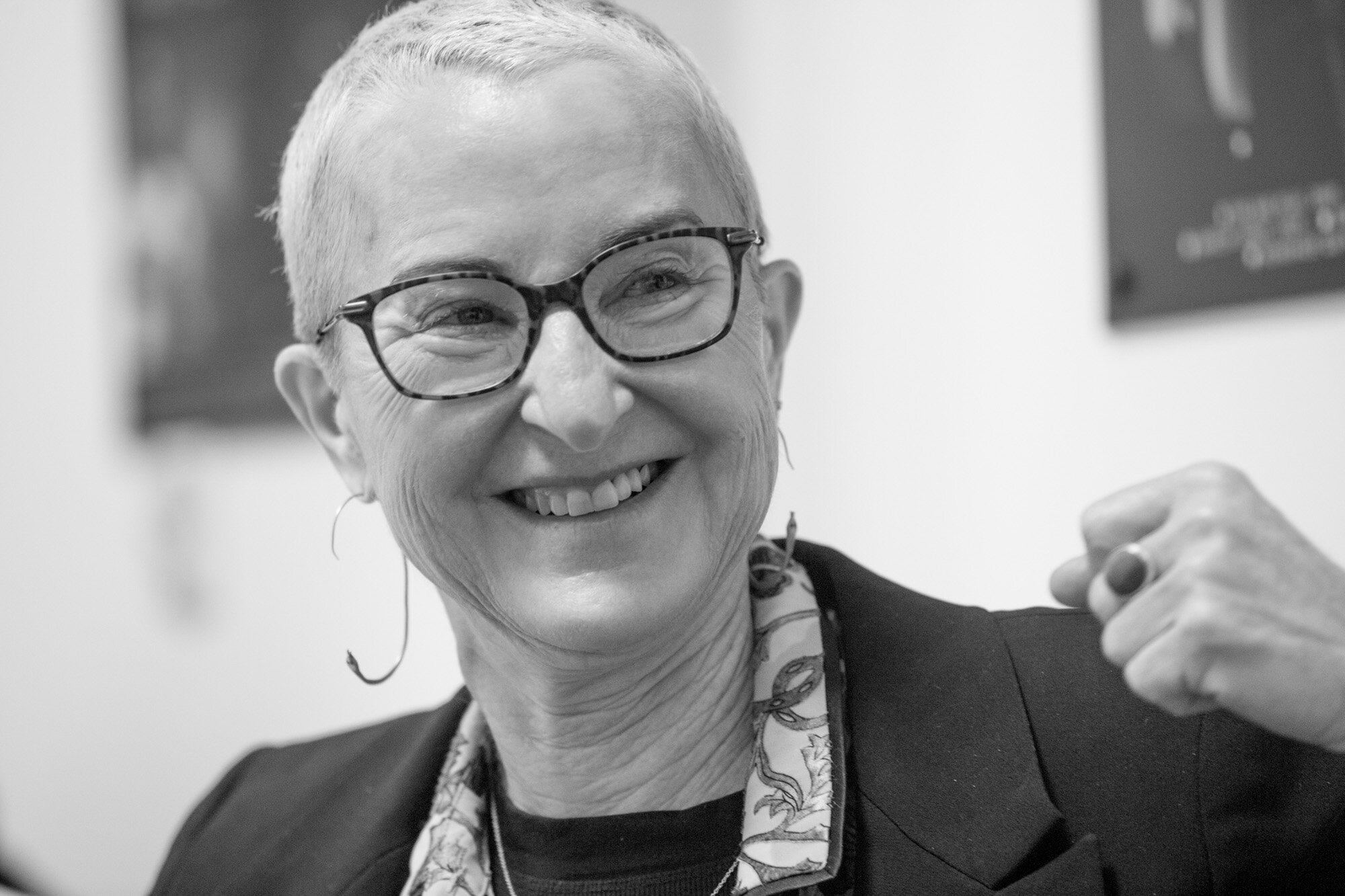
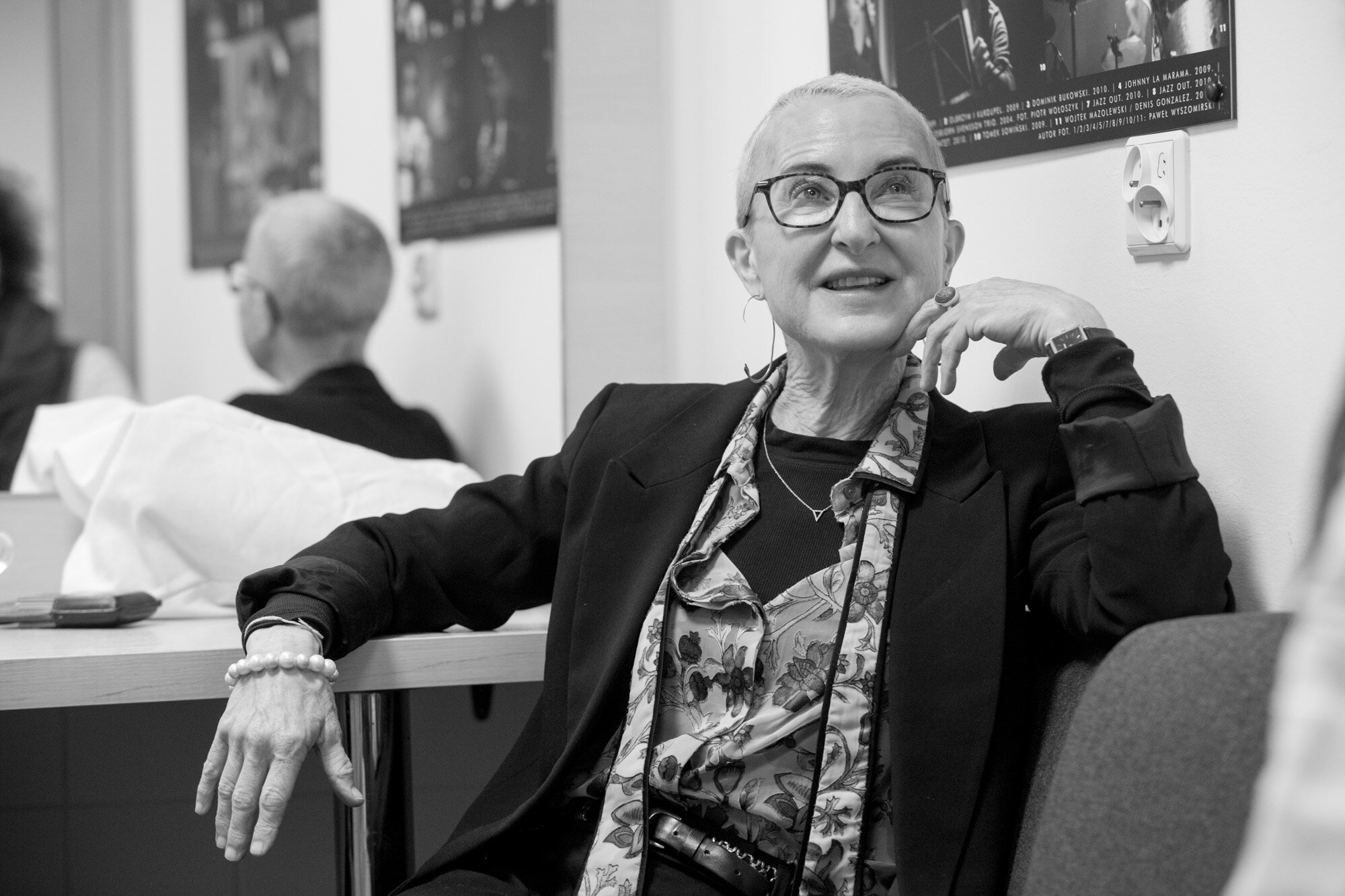
Have you ever had moments of feeling total love, hate, or any other strong emotion in front of the piano?
There’ve been moments. It’s funny, but I never think about communicating of emotion. I might be feeling something, but I don’t really like when I’m feeling angry, I don’t want to communicate it through the piano. Most of the time, I’m not communicating anger, even if I’m playing really intensively. But I could be mad about something — the sound is terrible or something like that.
I guess, you could call it love, but it’s more like a well-being or joy or ecstasy. I’m really connected to what’s going on inside me and to the piano, I don’t feel any separation. And I expose... what you could call it? Love? It’s not romantic one, but the feeling that everything is right.
Have you ever imagined your life without all these things and the music?
No, I think I cannot. You know, I have love-hate relationship with music, because on the one hand it brings me a lot of joy and fulfilment, and I really think it’s the right thing, which I can be doing. But, sometimes, I get frustrated, because I’m a big ego and a perfectionist, in terms that I don’t think that I’m good enough (and I’ll never be good enough). Then I start to feel bad about the music, because I’m feeling bad about myself. No matter, I tried quitting for several times, but I always come back to it. Now I accept, that it’s the right way for me to live my life.





